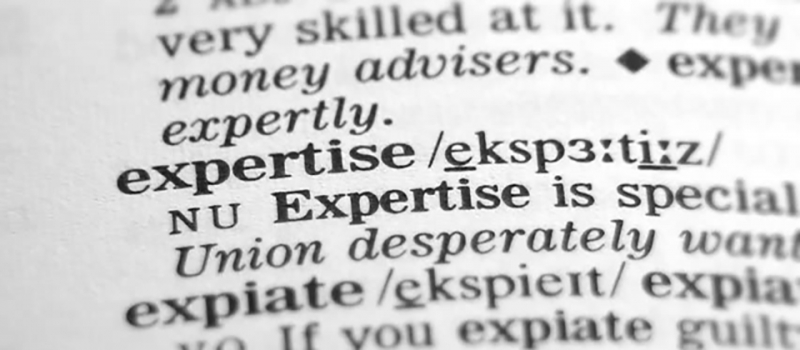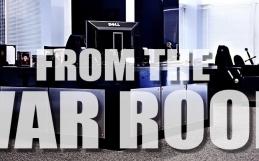I get annoyed when people use the phrases “book smart” and “street smart” when they describe another’s intellect. Perhaps what these cliche abusers are really grasping at is the more substantive difference between theoretical knowledge and experience. I doubt it … but let’s give them the benefit of the doubt anyway. What bugs me is that a really smart person—an expert—usually has both. To deny one or the other is to overlook the real nature of “smarts.”
Privileging theory over experience (books over streets) or vice-versa is a tactic often used in argument and debate for undermining someone’s credibility. It’s done in order to silence criticism or to push forward one’s own agenda. “Don’t listen to that guy … he’s just book smart, he doesn’t understand how the world really works.” Alternatively, you might hear someone say “don’t listen to that guy, he’s an uneducated bumpkin with no proper training or credentials.”
These tactics are a way of attacking the person rather than the content of what they are saying. These sorts of phrases are super popular in political debates, but ultimately the distinction between “book smarts” and “street smarts” does real harm to a full-blooded and proper understanding of what it means to be an expert … of what it really means to be smart.
The famous German philosopher Immanuel Kant wrote that “experience without theory is blind, theory without experience is mere intellectual play.” His point is clear. If you are looking for an expert, you need to be looking for both experience and theoretical understanding. Your business needs advisors that can analyze and apply their experience against the backdrop of a solid education and big-picture understanding.
A true expert might be a little more expensive than somebody with “book smarts” and no experience, or somebody with “street smarts” and no formal training. But then again … the “smart” shopper doesn’t browse by price … they look for value.




